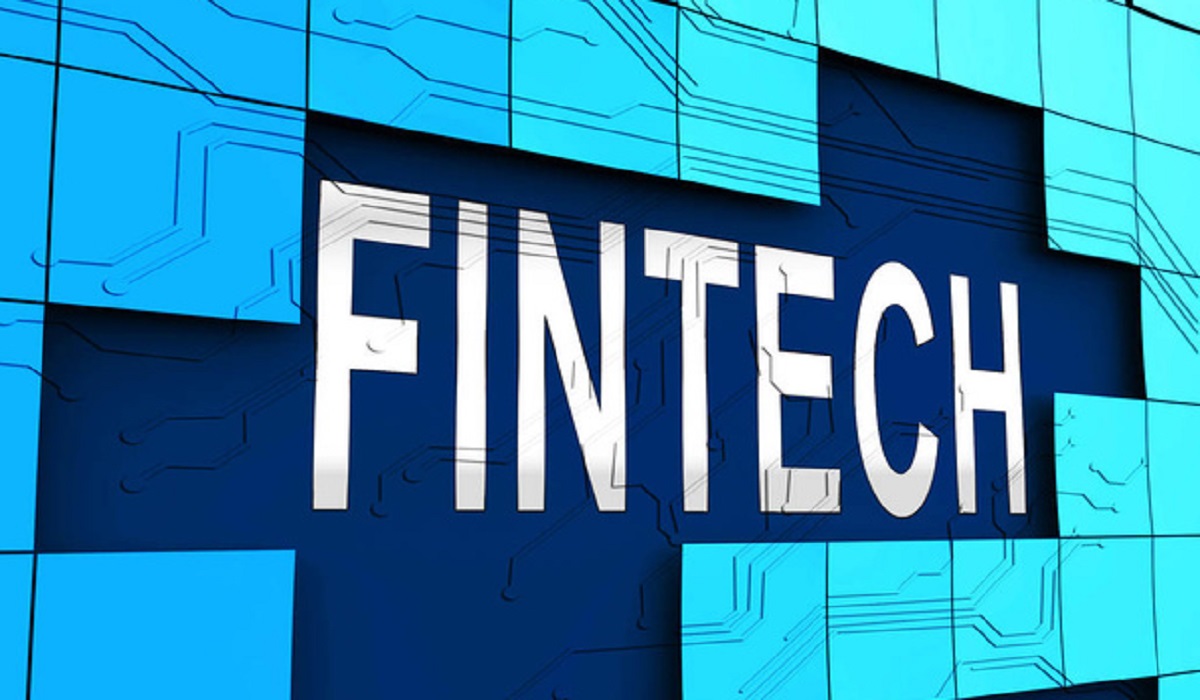FinTech Innovation: Reshaping our lives for better

FinTech (Financial Technology) has quickly emerged as a force within finance and beyond, quickly changing our world and lives through cutting edge technological solutions combining with financial services that improve efficiency, access and convenience for both individuals and businesses alike. Fintech has grown increasingly popular over the past decade by disrupting traditional financial systems with novel approaches; having had an immense effect on modern life while having profound implications in various aspects. This article looks into Fintech’s uses, implications and technical details while detailing its effects across several aspects.
FinTech Is on the Rise
Fintech first emerged during the internet and digital age. Startups and entrepreneurs realized the immense power of using technology to address inefficiencies within financial industries – such as slow banking processes which were expensive, inaccessible or geographically limited; providing more user-friendly services through digital platforms to address such inefficiency was seen as crucial by Fintech companies.
FinTech Innovation in Key Areas: Digital Payments and Mobile Wallets
- (a) Fintech has revolutionized how we conduct everyday transactions, making shopping, money transfers, managing finances on-the-go much simpler than before. Now it is simpler than ever before to shop, manage finances and transfer funds on-the-go – now more accessible than ever!
- (b) Online lending and crowdfunding: Fintech platforms that connect borrowers directly to investors without traditional intermediaries in the banking industry have revolutionized credit. Peer-to-peer lending and crowdfunding has created greater access to funds for individuals and small businesses alike, driving economic development.
- (c) Wealth Management and Robo-Advisors: Fintech driven robo-advisors offer portfolio management and personalized investment advice at a fraction of the cost associated with traditional advisors, making investing accessible and improving financial decisions across wider demographics.
- (d) Blockchain is the technology underlying cryptocurrency such as Bitcoin. As one of the most disruptive Fintech innovations available today, Blockchain’s decentralized and secure nature could revolutionize many industries such as banking, supply chains and identity verification.
FinTech and Financial Inclusion
Fintech firms’ promotion of financial inclusion has had an immense effect on society. Utilizing technology, fintech firms have used mobile banking, low-cost remittances and microloans to expand access to formal financial systems across developing nations for underbanked or unbanked people who previously weren’t served. This impactful work has allowed millions to participate in formal systems.
What are your challenges and concerns?
Fintech does not come without its challenges. With financial transactions moving online and data being exposed more and more readily to hackers and privacy breaches, security concerns have escalated dramatically and must constantly evolve to safeguard sensitive user data. Unfortunately, regulatory frameworks often cannot keep pace with rapid technological innovations which create uncertainty and legal ambiguities which create uncertainty for both firms and clients alike.
Fintech Future:
Fintech looks bright thanks to technological innovations like artificial intelligence, machine-learning and big data analysis that continue to advance this field. As governments and financial institutions collaborate with Fintech companies on innovations for personalized financial services, fraud detection/prevention as well as risk assessments among others; further innovations may emerge into mainstream ecosystem.
Financial Technology (Fintech) has revolutionized the financial services sector, altering how people manage money, conduct transactions and access credit. From digital payments to applications powered by blockchains, fintech innovations have transformed our lives while creating opportunities for financial integration and integration within society. Fintech’s positive influence cannot be overstated while challenges that still persist remain; its future promises greater financial empowerment for everyone as humanity adopts technological advancement.

What are some examples of fintech technology?
Fintech refers to technologies and services which radically revolutionize various aspects of finance. Examples of fintech innovation can be seen through these examples:
- Digital Payment Platforms: PayPal, Venmo and Square Cash provide secure online payment platforms which make transferring funds electronically easier.
- Mobile Banking Apps – Both traditional banks and digital banks (such as Chime or Revolut ) provide mobile banking apps, which allow their customers to make bill payments, manage accounts and perform other banking functions directly on their smartphone device.
- Peer-to-peer (P2P), or direct lending platforms like LendingClub.com and Prosper, enable peer-to-peer lending through more affordable loan terms with lower interest rates than those provided by traditional banks.
- Robo-Advisors. Robo advisors like Betterment and Wealthfront use artificial intelligence and algorithms to offer automated investment advice and portfolio-management, making investing accessible and user-friendly.
- Blockchain technology is used by digital currencies like Bitcoin, Ethereum and Ripple to enable borderless and secure transactions.
- Crowdfunding platforms: Websites like Kickstarter and Indiegogo provide individuals and businesses alike the ability to raise money through multiple contributors for projects or ventures by crowdfunding them online.
- Insurtech: Startups such as Lemonade and Root Insurance use technology to personalize and streamline insurance services for greater cost efficiency and increased service quality. This process can make insurance policies even more cost effective than before!
- Digital wallets: Apple Pay or Google Pay provide secure ways for users to store credit card and debit card data securely as well as making contactless payments.
- Regtech: Regtech companies assist financial institutions to comply with complex regulations by automating and analyzing data, thus decreasing compliance costs while improving accuracy.
- Blockchain-based smart contracts: Smart contracts, automated agreements that execute themselves, have their terms written directly into lines of code in a blockchain for maximum transparency, security and automation.
- Fintech applications have increasingly turned to biometric authentication methods like facial and fingerprint recognition to increase security and mitigate fraud.
- Open Banking Initiatives allow third-party financial service providers (with permission from users) access bank data via APIs for enhanced competition and personalized financial solutions. This creates personalized offerings by financial service providers.
Fintech innovations continue to develop at an increasing rate as technology progresses, revolutionising how people engage with money and the financial services sector. Here are just a few examples from Fintech landscape. There’s much more out there that’s worth looking into if we look deeper.






